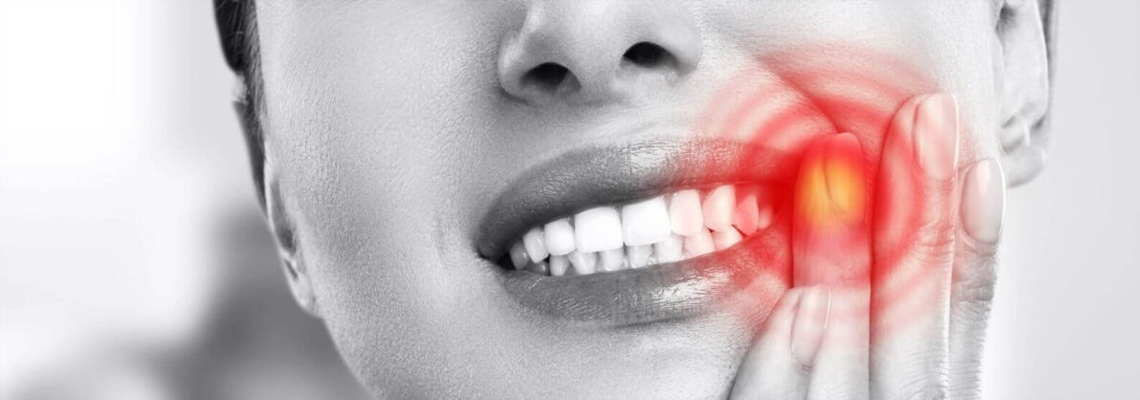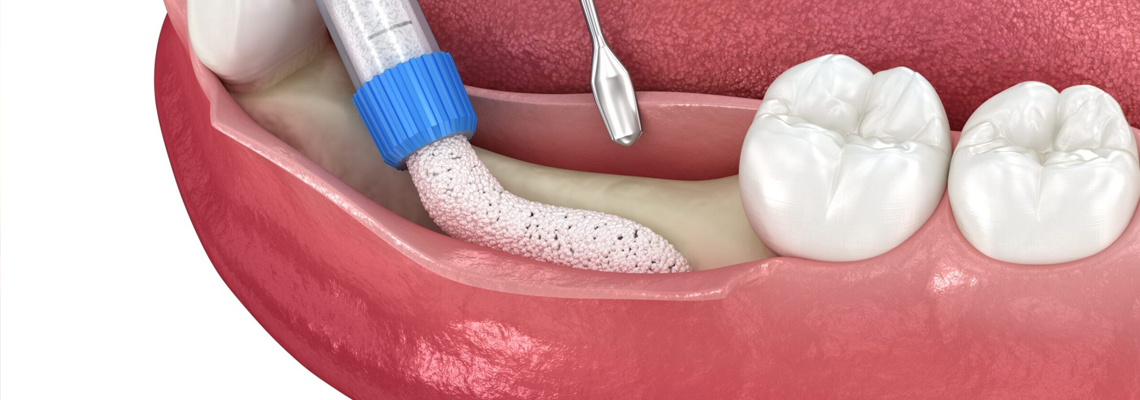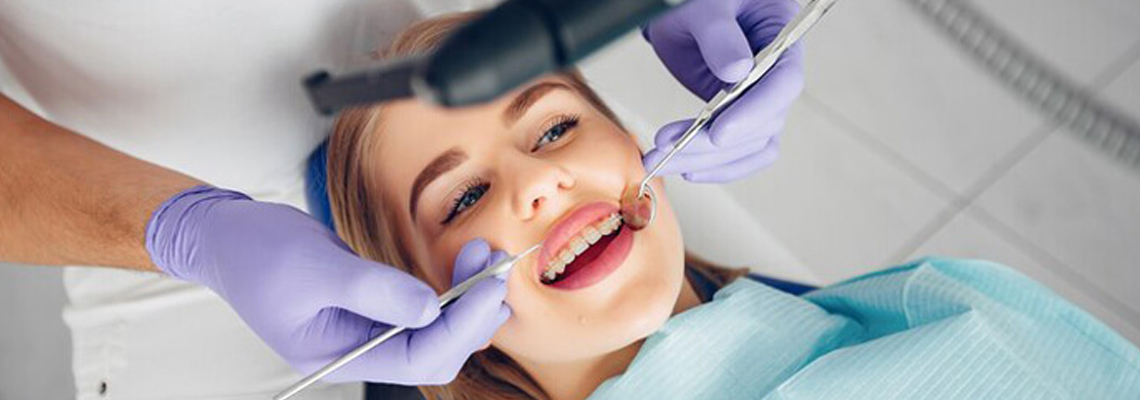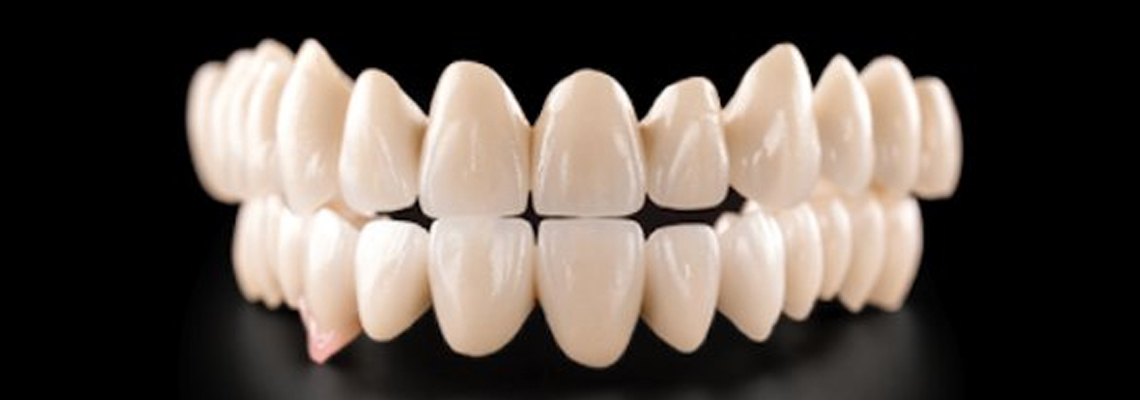In today’s fast-paced world, stress has become an unwelcome companion for many. While most people recognize its effects on sleep, mood, and overall health, few realize how profoundly stress impacts oral health—particularly through teeth grinding and clenching. These seemingly harmless habits, medically known as bruxism, can silently wreak havoc on your smile, leading to cracked teeth, jaw disorders, and chronic pain. As a dentist who has treated countless stress-related dental cases, I’ve seen firsthand how emotional tension manifests physically in the mouth. Let’s explore why these behaviors are more than just bad habits and what you can do to protect your smile.
The Science Behind Stress-Induced Bruxism
When we experience stress, our bodies enter a heightened state of alertness, often leading to unconscious muscle tension. For many individuals, this tension concentrates in the jaw, resulting in nighttime grinding or daytime clenching. Research shows that periods of increased anxiety correlate directly with more intense bruxism episodes. The problem has become so prevalent that the American Dental Association reports a significant rise in stress-related dental issues in recent years.
What makes bruxism particularly dangerous is its often silent progression. Many patients grind their teeth during sleep without realizing it, only discovering the damage during routine dental exams. Over time, the excessive force—up to six times stronger than normal chewing pressure—can wear down enamel, fracture dental work, and even change facial structure by altering jaw alignment.
Beyond Tooth Damage: The Ripple Effects of Bruxism
While worn or chipped teeth are the most visible consequences, the impact of chronic grinding extends far beyond cosmetic concerns. Many patients develop temporomandibular joint (TMJ) disorders, experiencing jaw pain, clicking sounds, and limited mouth opening. Headaches upon waking are another telltale sign, caused by strained facial muscles working overtime throughout the night.
The damage also works inward. Persistent clenching can irritate the tooth pulp, potentially leading to nerve damage and root canal needs. I’ve treated patients whose chronic grinding caused gum recession, tooth mobility, and even bone loss—all stemming from untreated stress-related bruxism. Perhaps most surprisingly, the condition can alter sleep quality, as the grinding motion interrupts natural sleep cycles, leaving individuals fatigued despite a full night’s rest.
Identifying the Hidden Signs
Many bruxism sufferers remain unaware of their habit until significant damage occurs. Key warning signs include waking with jaw soreness, noticing flattened or fractured teeth, or having a partner report grinding noises at night. Some patients experience unexplained tooth sensitivity as enamel wears thin, while others notice indentations on their tongue’s edges from pressing against teeth during clenching episodes.
Dentists can spot early evidence during routine exams, such as unusual wear patterns on chewing surfaces or small cracks in enamel called “craze lines.” Advanced cases may show notched areas near the gumline, known as abfractions, caused by excessive biting forces. These subtle changes often precede more serious dental emergencies, making early detection crucial.
Breaking the Cycle: Effective Solutions
Managing stress-related dental damage requires a two-pronged approach: protecting the teeth while addressing the root cause. Custom-fitted night guards remain the gold standard for preventing mechanical damage. Unlike store-bought versions, professional guards distribute pressure evenly and don’t interfere with breathing—a common complaint with inferior products.
For daytime clenchers, behavioral modifications prove helpful. I teach patients the “lips together, teeth apart” resting position and recommend setting phone reminders to check jaw tension. Stress management techniques like mindfulness meditation, regular exercise, and cognitive behavioral therapy have shown remarkable success in reducing bruxism frequency. In some cases, temporary muscle relaxants or Botox injections in the masseter muscles can provide relief while patients work on long-term stress reduction strategies.
Your Mouth as a Stress Barometer
Your oral health often reflects your overall wellbeing more accurately than you might realize. Chronic teeth grinding serves as your body’s distress signal—a physical manifestation of emotional or psychological strain that demands attention. By recognizing bruxism as more than just a dental issue, but rather as a whole-body response to stress, we can develop more effective treatment plans.
The connection between mind and mouth works both ways: just as stress harms your smile, a painful, damaged smile can increase stress levels, creating a vicious cycle. This is why addressing stress-related dental issues promptly proves so important. With proper intervention, you can preserve both your emotional wellbeing and your dental health—ensuring your smile remains as resilient as you are in facing life’s challenges. Remember, taking care of your stress isn’t just good for your mind; it’s essential for maintaining a healthy, functional smile that lasts a lifetime.
Are You Looking For Dental Implants
Click on the links below to learn more about the approximately $50,000 savings option for Dr. Motiwala’s packages.
- Full mouth dental implants & Cost of Treatment
- Smile Makeover & Cost of Treatment
- Watch 100’s of Testimonials from our International Patients
Make An Appointment!
Please contact us if you have dental difficulties or are interested to know about dental implants and how they might improve your smile. Dr. Motiwala Dental Clinic & Implant Center may be reached at +91 99596 14584. You can also Contact Us by clicking the banner below.























